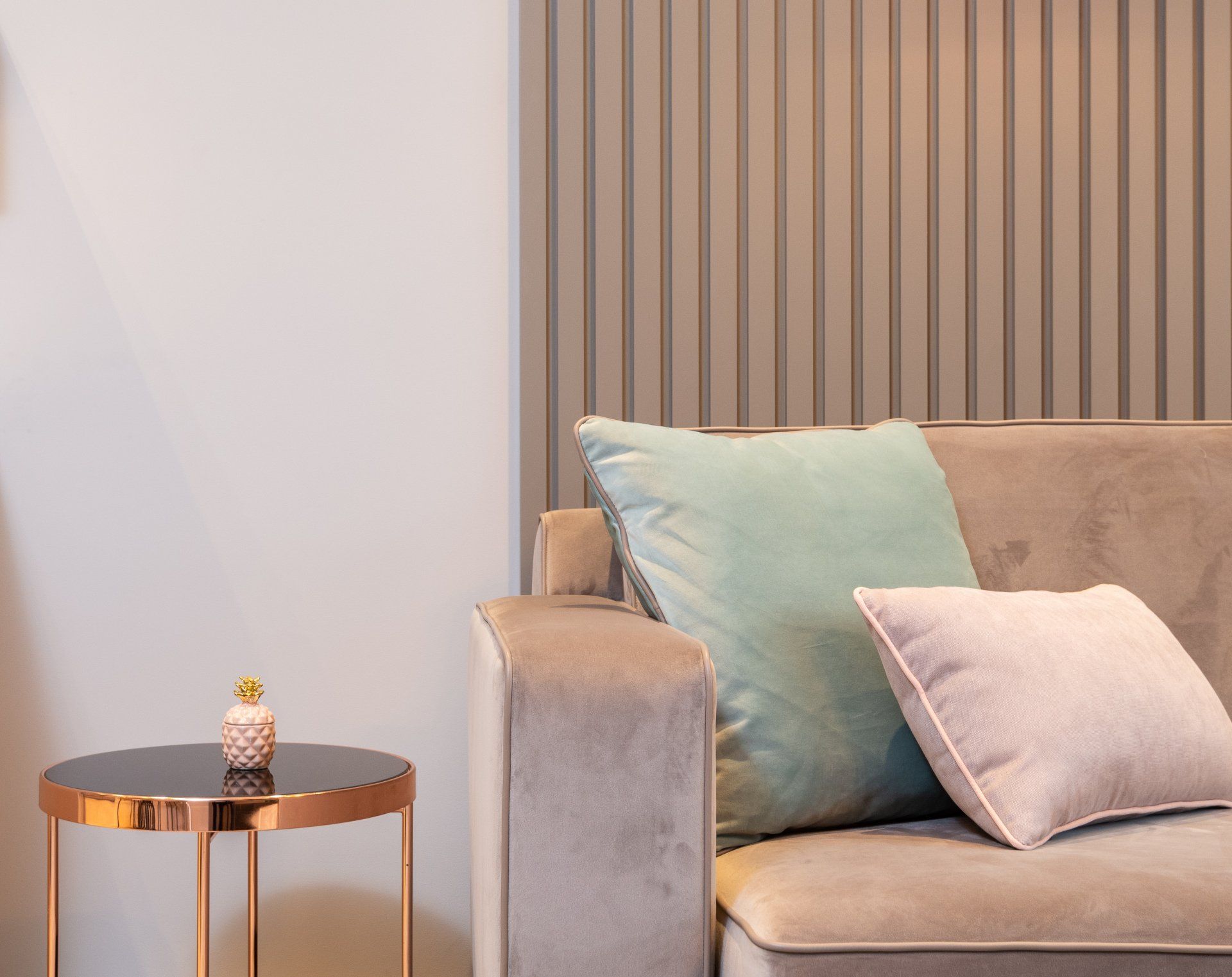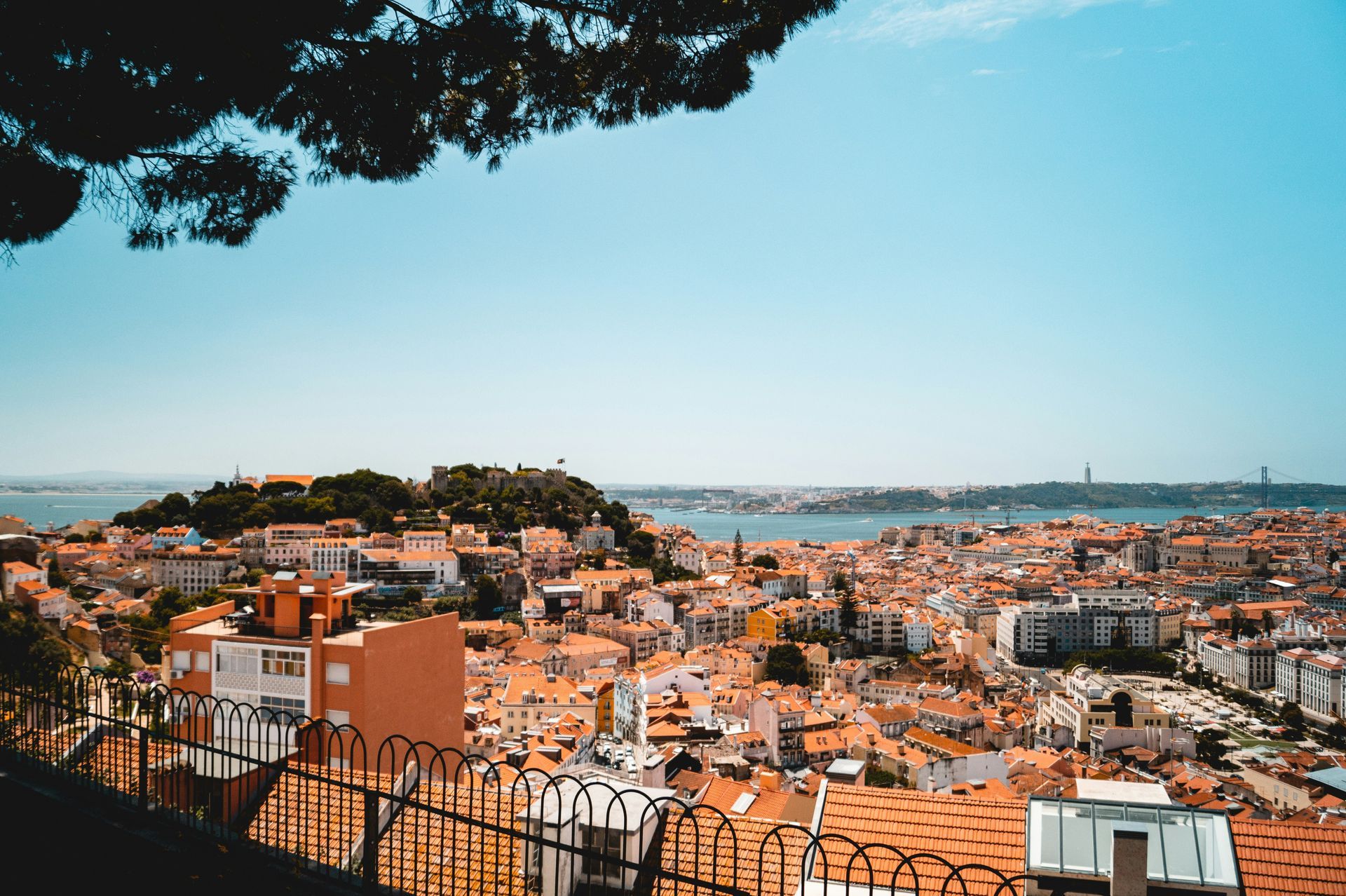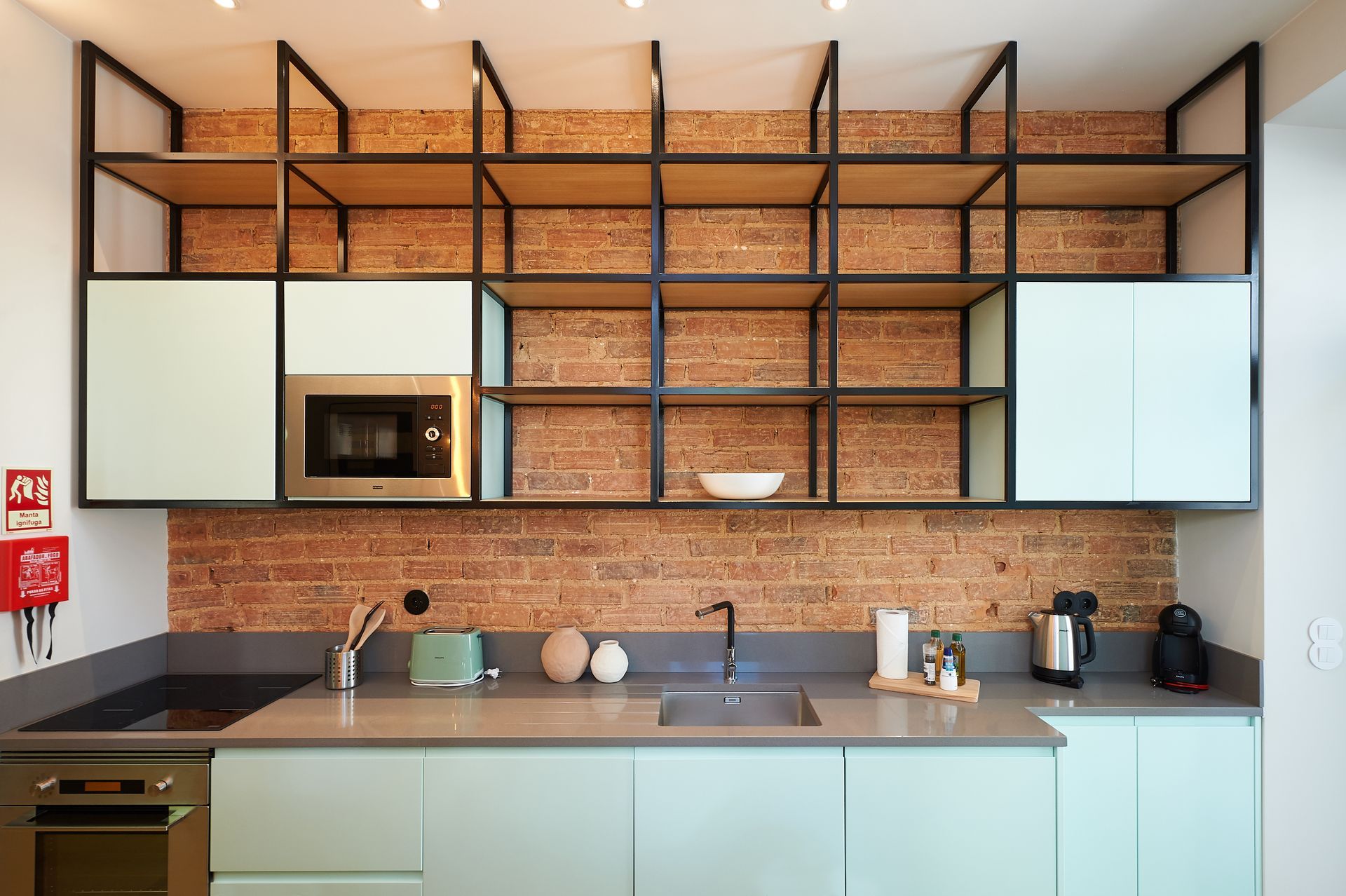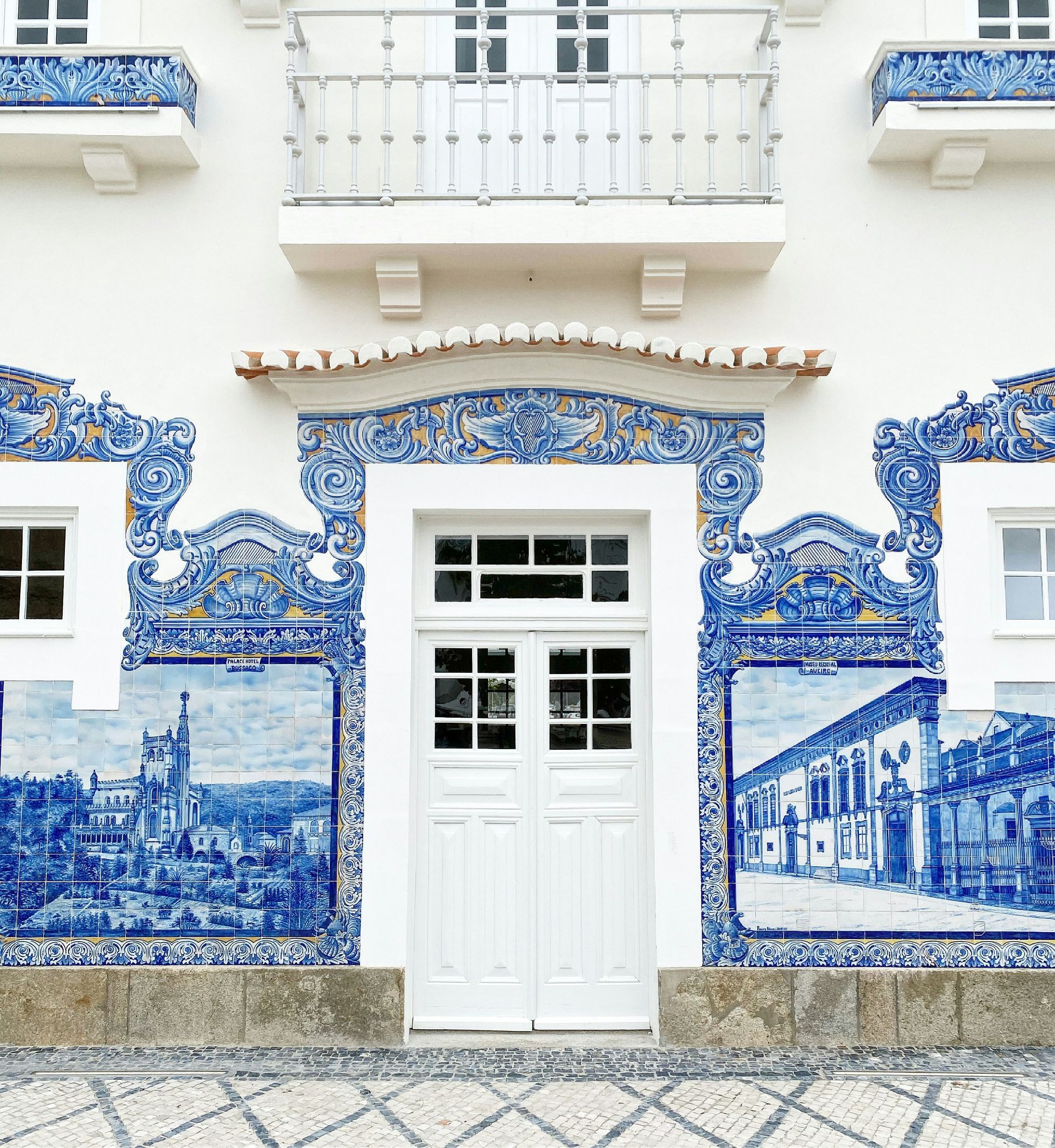Property in Portugal - A Comprehensive Guide to Purchasing
Buying
Property in
Portugal: A Comprehensive Guide
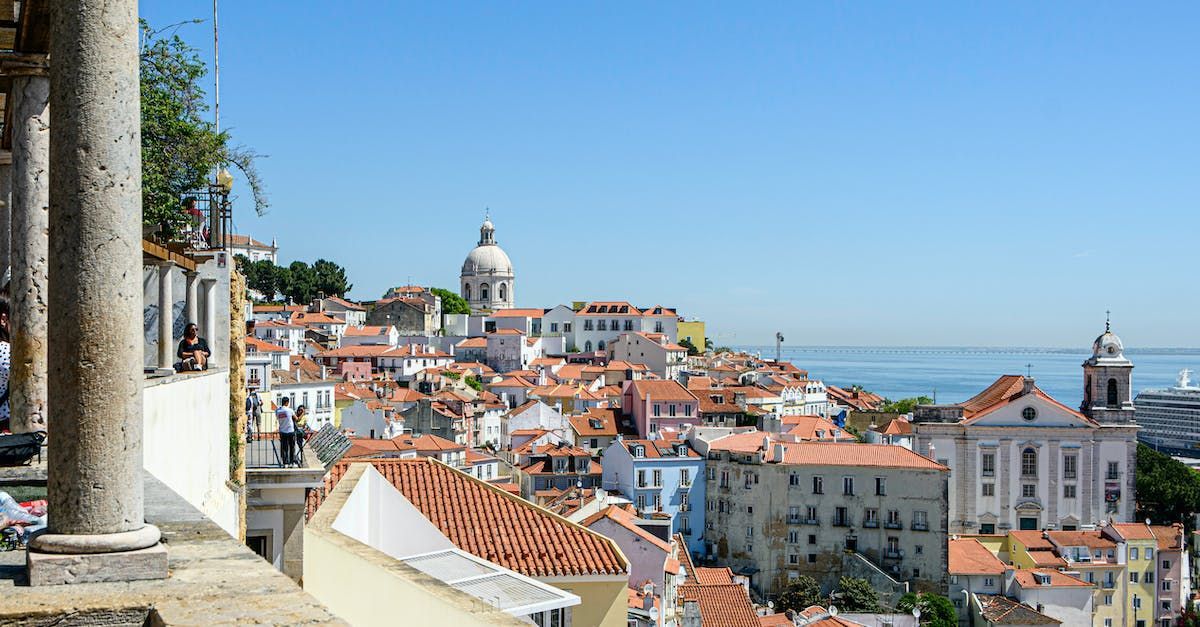
Index
- Introduction
- Essential Steps for Buying Property
- Taxes and Fees
- Property Maintenance and Utilities
- FAQ
- Conclusion
- About Portugal Portfolio and Nduni Property Management
1. Introduction
Portugal offers a welcoming environment for property buyers, including foreigners. With picturesque landscapes and a favorable climate, it's a sought-after destination for residential, holiday, and investment properties.
2. Essential Steps for Buying Property
For non-residents, the process starts with obtaining a Fiscal Identification Number (NIF) from the Portuguese Tax and Customs Authority. This number is essential for all property-related contracts in Portugal. If you're married, both spouses will need a NIF, even if only one is buying the property.
Legal and technical auditing of the property is recommended. This step involves checking for any encumbrances, ensuring that the property's description matches reality, and understanding any associated legal matters.
The next step is usually signing a promissory contract of purchase and sale, which outlines the terms and conditions of the sale. This contract, while not mandatory, is common practice, especially if the buyer needs bank credit or can't immediately sign the final contract.
Before proceeding to the public deed of sale and purchase, you may request provisional registration of the promissory contract at the Conservatory for Real Estate Registry. This step safeguards your position as the future owner.
The final purchase contract is then prepared and signed before a notary, lawyer, or solicitor. After signing, the acquisition must be registered at the Land Registry Office.
Step by step Guide to purchase a property in Portugal:
Step 1: Assess Your Finances and Mortgage Options
Step 2: Property Search
Decide on your preferred location and property type. Set a budget and research the Portuguese real estate market online. Consider location, amenities, proximity to services, and rental income potential. It's advisable to work with real estate professionals who can guide you through the market.
Step 3: Offer and Negotiation
Make an offer on a property that meets your criteria. Real estate agents can assist in this process and help negotiate the best price. Be prepared for back-and-forth negotiations.
Step 4: Reservation Agreement and CPCV
After your offer is accepted, you might sign a Reservation Agreement, showing your intent to buy and taking the property off the market. This involves paying a fee (€6,000-€10,000), which may be refundable. Next is the Promissory Contract (CPCV), requiring a deposit (usually 10% of the purchase price). It's essential to understand this contract before signing.
Step 5: Signing the Escritura
The final step is the Escritura or Final Deed, signed in front of a Notary. Review the document carefully before signing. You'll pay the remaining balance, other fees, and taxes at this stage. Once signed, you become the property owner.
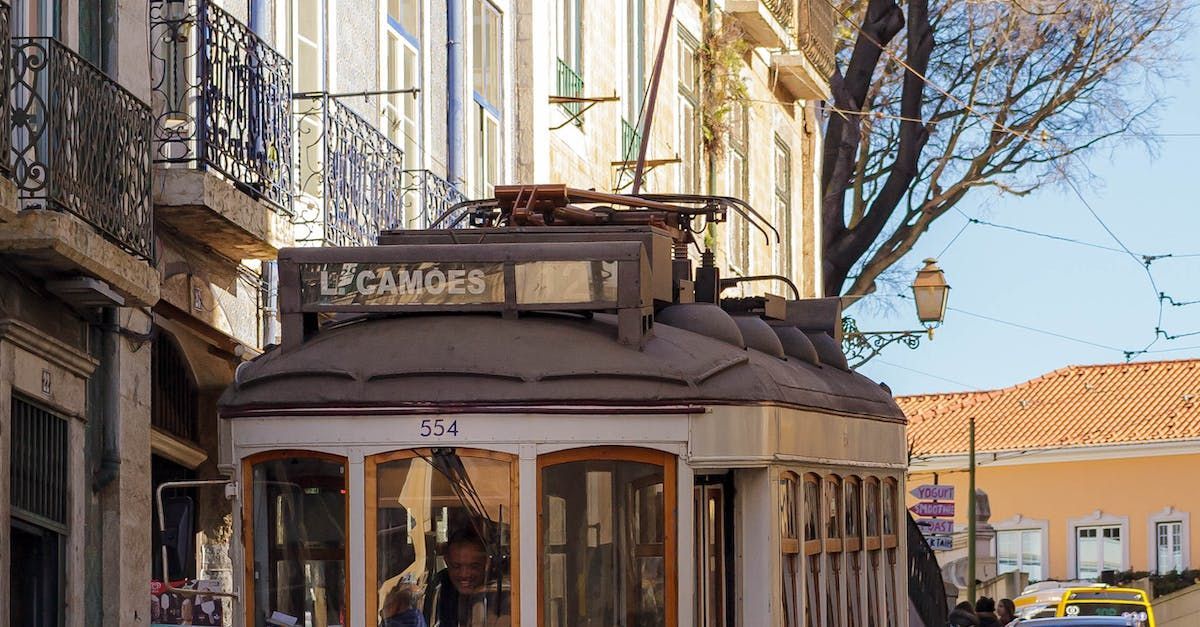
3. Taxes and Fees
Several taxes and fees are associated with buying property in Portugal:
- Local Property Tax (IMI)
The IMI is a yearly tax based on the location and type of your property, which is set by the local municipality. The tax amount varies, with urban properties often taxed differently than rural ones. The IMI's value is usually less than the market price, and if you're renovating in designated areas, you might be exempt from this tax for up to three years. This exemption could potentially be extended by five more years under certain conditions.
- Real Estate Transfer Tax (IMT)
The IMT is levied on property sales and varies between 0 and 8 percent, depending on several factors such as the property's value, its location, and the buyer's tax residency status. It can increase to 10 percent for properties in certain zones. The tax needs to be settled before finalizing the property sale. To determine your specific rate, you can use tools like a property tax calculator for Portugal.
- Stamp Duty
Known as Imposto do Selo, this is one of the oldest taxes related to property transactions. It's typically set at 0.8 percent of the deed's value and is payable when the property changes hands.
- Wealth Tax (AIMI)
The AIMI is applicable to high-value properties exceeding €600,000. It is structured in tiers:
- 0.7 percent on properties valued between €600,000 and €1 million.
- 1 percent for properties between €1 million and €2 million.
- 1.5 percent on properties over €2 million.
- For joint property ownership, this tax only applies if the total value surpasses €1.2 million.
- Capital Gains Tax
The profit from selling your property in Portugal may be subject to capital gains tax. You should declare the sale's details, including the price and any renovation costs, in your tax return the following year. This tax can be waived if you reinvest the total sale proceeds into a new primary residence within a specified period—24 months before or 36 months after the sale. To be eligible, inform the tax authorities of your reinvestment plans and ensure the new property is registered as your family's primary residence within a year of the purchase.
Incidental Expenses for Property Acquisition
Beyond the principal payment for your new property and its associated charges, there are several ancillary costs you should be cognizant of:
- Attorney Costs: Hiring a legal expert will incur charges that can range between €2,000 and €5,000, depending on the property's specifics, value, and the intricacies involved in the transaction.
- Official Land Registration Charge: The Land Registry imposes a statutory fee for registering your property, which is typically about €250.
- Notarial Charges: Expect to pay in the vicinity of €1,200 for notarial services.
- Home Loan Brokerage Expenses: If you're engaging a broker for your mortgage, budget for an application fee of €290 and a property appraisal fee of approximately €280.
4. Property Maintenance and Utilities
Ongoing costs include property maintenance and utility bills. The annual municipal property tax (IMI) is between 0.3% and 0.8% of the cadastral value. If renting out the property, there's a rental income tax of 28% for residents and 25% for non-residents.
Utilities in Portugal, like gas and electricity, are moderately priced. Expect to pay around €110 per month for an average-sized apartment. Note that central heating is rare in Portugal, with many homes using wood-burning fireplaces or electric heaters.
-
Can foreigners buy property in Portugal?
Yes, foreigners can purchase property in Portugal. However, obtaining a NIF is essential for the transaction.
-
How long does it take to buy a property in Portugal?
The process typically takes 1-2 months, depending on the availability of documents and the property's legal status.
-
Can foreigners buy property in Portugal?
Yes, foreigners can purchase property in Portugal. The process involves obtaining a Fiscal Identification Number (NIF), which is essential for property-related contracts. Foreign buyers should be aware of specific legal requirements and taxes, but there are no restrictions on foreign property ownership in Portugal.
-
Is it worth buying property in Portugal?
Investing in Portuguese real estate can be worthwhile, depending on your objectives. Property values in Portugal have been rising, with areas like Lisbon, Porto, Braga, and the Algarve being particularly popular. Real estate can be a profitable asset, offering an average yearly rent yield of approximately 6% of the property’s value. Additionally, owning property in Portugal can qualify you for a residence permit under certain conditions.
-
What are the pitfalls of buying a property in Portugal?
Potential pitfalls in purchasing property in Portugal include overlooking legal and administrative requirements, underestimating additional costs like taxes and maintenance, and not conducting thorough property audits. It's crucial to understand the full extent of financial commitments, including IMT, IS, and IMI taxes, and to ensure the property has no legal encumbrances. Engaging professional services for legal and technical auditing can mitigate these risks.
6. Conclusion
Buying property in Portugal is a straightforward process, albeit with specific steps and legal requirements. It's advisable to seek professional advice to navigate the process smoothly.
7. About Portugal Portfolio and Nduni Property Management
At Portugal Portfolio, in collaboration with our mother company Nduni Property Management, we offer comprehensive property finding and purchasing services. Our expertise ensures a hassle-free experience for those interested in buying property in Portugal.
For more detailed information on buying property in Portugal, please refer to the sources: eportugal.gov.pt, idealista.pt, and imin-portugal.com.
Are you a property owner in Portugal?
Full Property
Management Services
Property management in Portugal that spans multiple platforms, utilizing premium professional photography to elevate your listings. Expertly tailored and engaging property descriptions are crafted, along with a thorough pricing analysis to ensure competitive rates.
Managing guest relations for your property in Portugal, inclusive of an exhaustive screening process for prospective visitors. Facilitating guest arrivals and check-ins, along with supplying necessary linens, toiletries, and amenities. Maintaining continuous communication with guests to guarantee a smooth and enjoyable stay.
Overseeing housekeeping and maintenance tasks to ensure your property in Portugal is maintained in pristine condition. This is enhanced by the integration of cutting-edge smart home technologies, optimizing both guest convenience and security. Our service offers you peace of mind, backed by extensive experience in safety and regulatory compliance in the field of property management.
Leave a comment
We will get back to you as soon as possible.
Please try again later.
More posts
Blog corner

